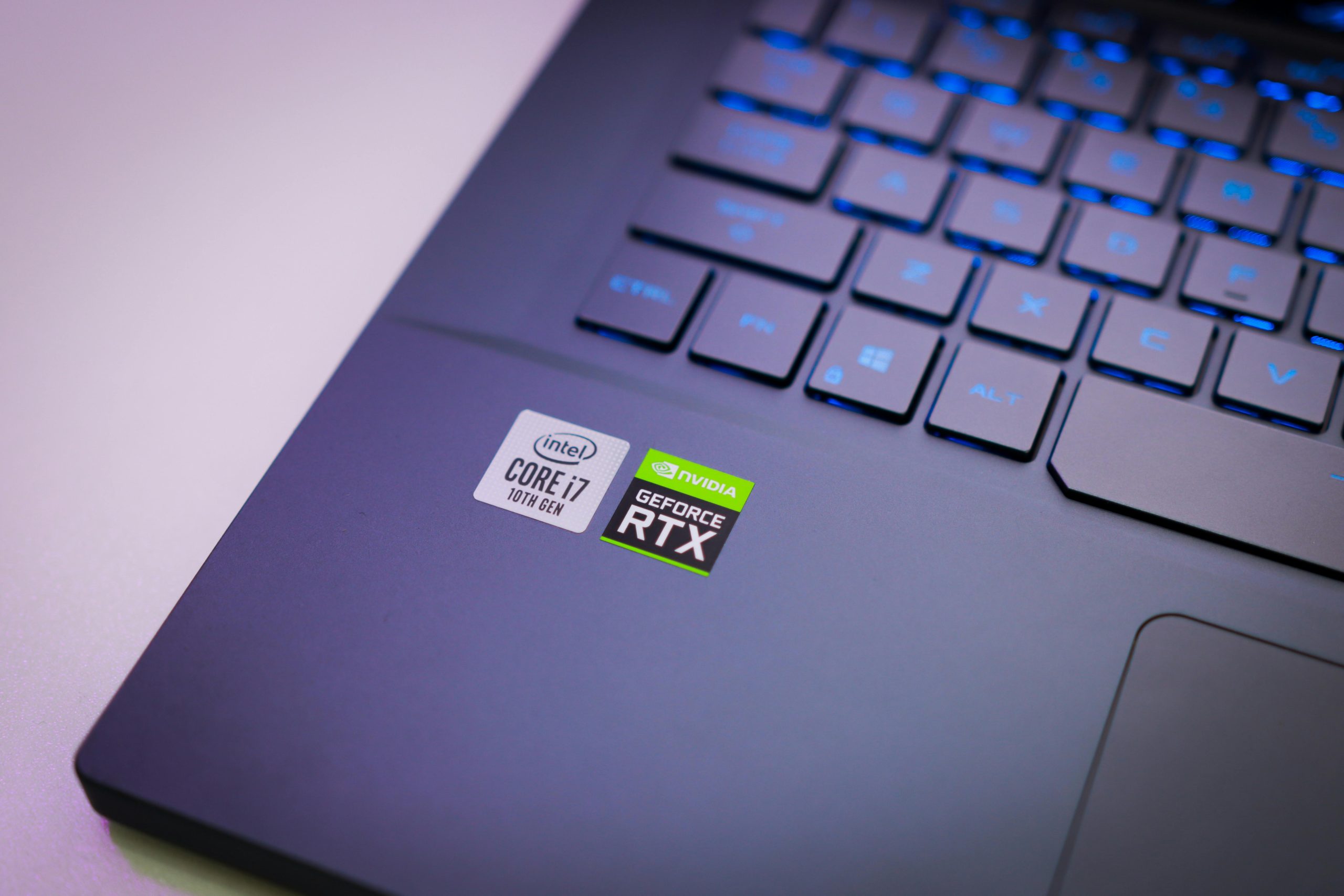Troubleshooting Game Crashes on Startup: A Comprehensive Guide
Experiencing sudden crashes when launching games can be incredibly frustrating, especially on a high-performance system that should theoretically handle any game with ease. If you’re encountering similar issues as the Reddit user, this in-depth guide is designed to help you not only identify potential causes but also offer thorough solutions. We will explore each component of the system individually, examine software-related issues, and offer actionable steps to diagnose and resolve the problem.
System Specifications and Initial Diagnosis
Before diving into solutions, let’s examine the specifications of the affected system:
- CPU: Intel Core i7-13700K
- GPU: NVIDIA GeForce RTX 4070 Ti
- Memory: 32GB DDR5 6000MHz
- Operating System: Windows 10
With these high-end components, you would expect a seamless gaming experience. However, when games crash on startup, various factors could be interfering with the system’s performance. Let’s break these down.
Potential Causes of Game Crashes
1. Outdated or Corrupt Drivers
Drivers serve as a bridge between the operating system and the hardware components. Outdated or corrupt graphics drivers can often lead to game crashes. In this case, updating the drivers appeared to exacerbate the issue, which is not uncommon as problematic updates occasionally get rolled out.
Solution:
– Roll back to a previous stable driver version. If the problem started after a driver update, reverting to an earlier version often resolves the issue.
– Use tools like Display Driver Uninstaller (DDU) to completely remove any remnants of problematic drivers before reinstalling.
– Verify that other drivers, including motherboard and chipset drivers, are up-to-date.
2. Overheating and Power Supply Issues
High-performance CPUs like the i7-13700K and powerful GPUs such as the RTX 4070 Ti can demand significant power, and both produce substantial heat. Excessive heat or inadequate power can lead to crashes.
Solution:
– Monitor the temperatures of your CPU and GPU using Software like HWMonitor or MSI Afterburner. Ensure that temperatures remain within safe limits during operation.
– Check your power supply unit’s (PSU) wattage and ensure it’s capable of supporting your components, especially under load.
– Clean your system of dust and ensure that all fans are working correctly to improve airflow.
3. Faulty Hardware Components
Although rare, components can be defective or fail over time. This includes the CPU, GPU, RAM, or even the motherboard.
Solution:
– Run diagnostic tests on each component. Use MemTest86 for RAM, and for the CPU, consider using Intel’s Processor Diagnostic Tool or Prime95.
– Physically inspect components and ensure all connections are secure.
– Consider testing with alternative compatible hardware to isolate the faulty component.
4. Software Conflicts and System Configuration Issues
Background processes, third-party Software, or incorrect system settings can potentially lead to conflicts that cause game crashes.
Solution:
– Run games in Safe Mode or a Clean Boot environment to determine if a software conflict is causing the issue.
– Use Windows Event Viewer to identify any error logs related to the crashes, as this can offer insight into the involvement of third-party software.
– Disable unnecessary startup programs and services that could interfere with game launches.
5. Operating System Problems
Corrupt system files, inappropriate settings, or outdated software can significantly impact system performance.
Solution:
– Use the System File Checker tool (sfc /scannow) to scan and repair corrupted system files.
– Ensure Windows is fully updated; missing updates can lead to compatibility issues.
– Consider reinstalling Windows if the problem persists, as already attempted by the Reddit poster. A clean installation might fix existing corrupt system files or faulty configurations.
Diagnosing the Problem: Focus on the CPU
In the original post, the user suspects a CPU failure might be the cause of the crashes, referencing past instances of instability and Windows log reports mentioning the processor.
-
CPU Stress Test: Run a stress test to evaluate the stability of your processor. Tools like Prime95 can simulate heavy loads and detect errors if the CPU cannot handle stress without malfunctioning.
-
Check for BIOS/UEFI Updates: Manufacturers frequently update BIOS/UEFI firmware to resolve hardware-related bugs, enhance stability, and improve compatibility. Verify if a BIOS update is available for your motherboard.
-
Thermal Paste and Cooling System: If temperatures are notably high, inspect and potentially reapply thermal paste between the CPU and its cooler. A failed or inadequate cooling solution could lead to thermal throttling.
-
Error Logs and Diagnostics: Pay close attention to error logs in Windows Event Viewer. Processor-specific errors may point to problematic cores or other CPU elements.
Additional Considerations
Anti-virus and Malware Interference
Certain anti-virus software or malware could interfere with a game’s functioning, mistaking it for a threat.
Solution:
– Temporarily disable your anti-virus software and attempt to launch the games.
– Run a full system malware scan using reputable anti-malware software to ensure your system is clean.
Incompatible Game Settings
Sometimes, games might crash due to settings lying beyond what your system can handle, even if it seems unlikely given your specifications.
Solution:
– Reset the games to default settings and check if the crash persists.
– Try running the games in a compatibility mode with lower graphical settings to assess performance differences.
Conclusion
Addressing game crashes on startup requires a meticulous approach, ensuring all hardware and software elements are functioning correctly. For enthusiasts such as our friend from Reddit, the sheer power of components like the i7-13700K and the 4070 Ti usually provides plenty of headroom for gaming. However, as we explored, potential issues can arise due to a myriad of factors, from driver problems to hardware failures.
By systematically troubleshooting each potential cause, from drivers to CPUs, and taking the corresponding action, you can return to uninterrupted gaming sessions, enjoying seamless gameplay as intended by your system’s impressive specifications. If the issues persist, consulting with tech professionals or seeking support from component manufacturers might serve as the next steps in resolving complex hardware challenges.
Share this content:



